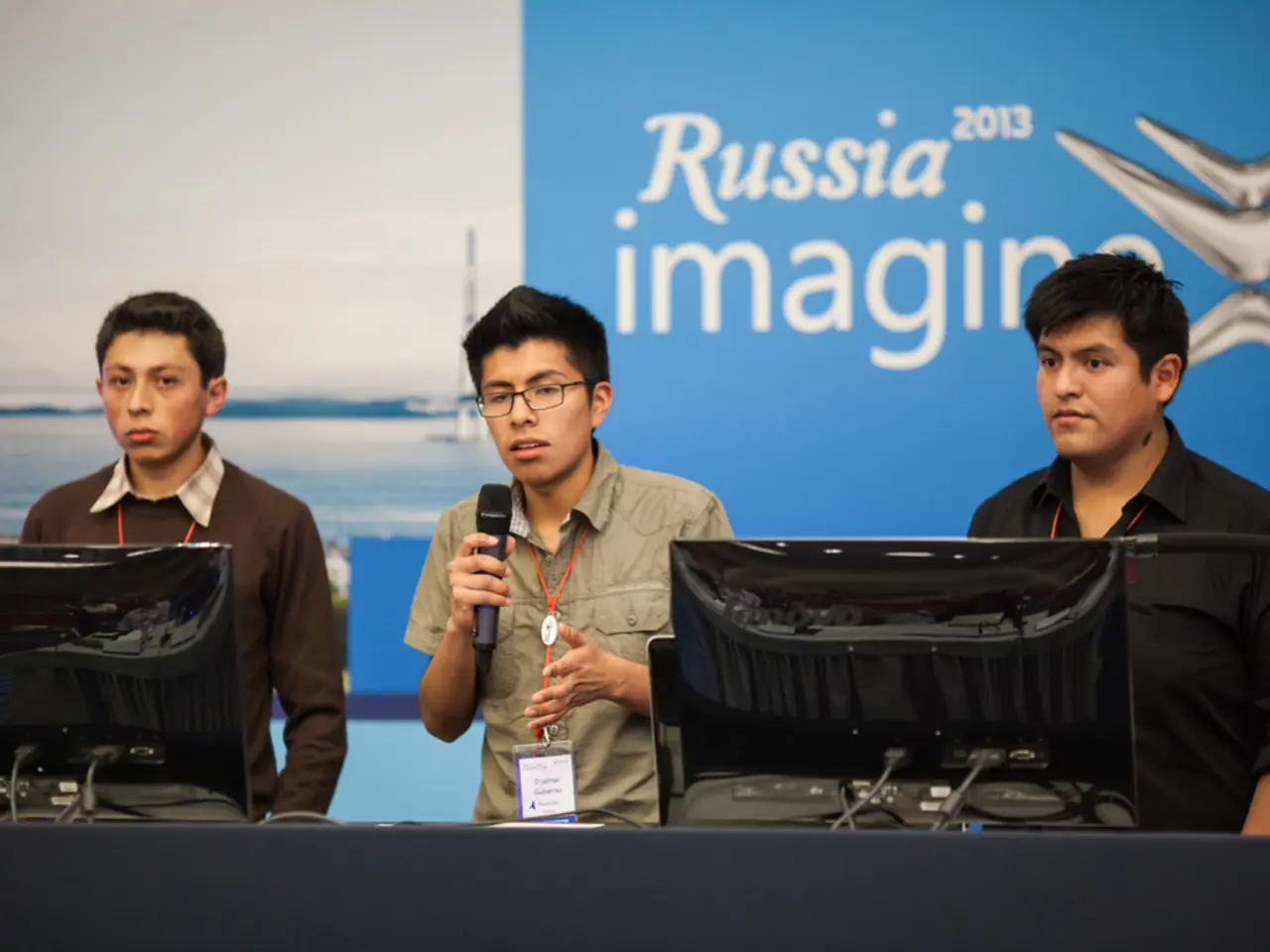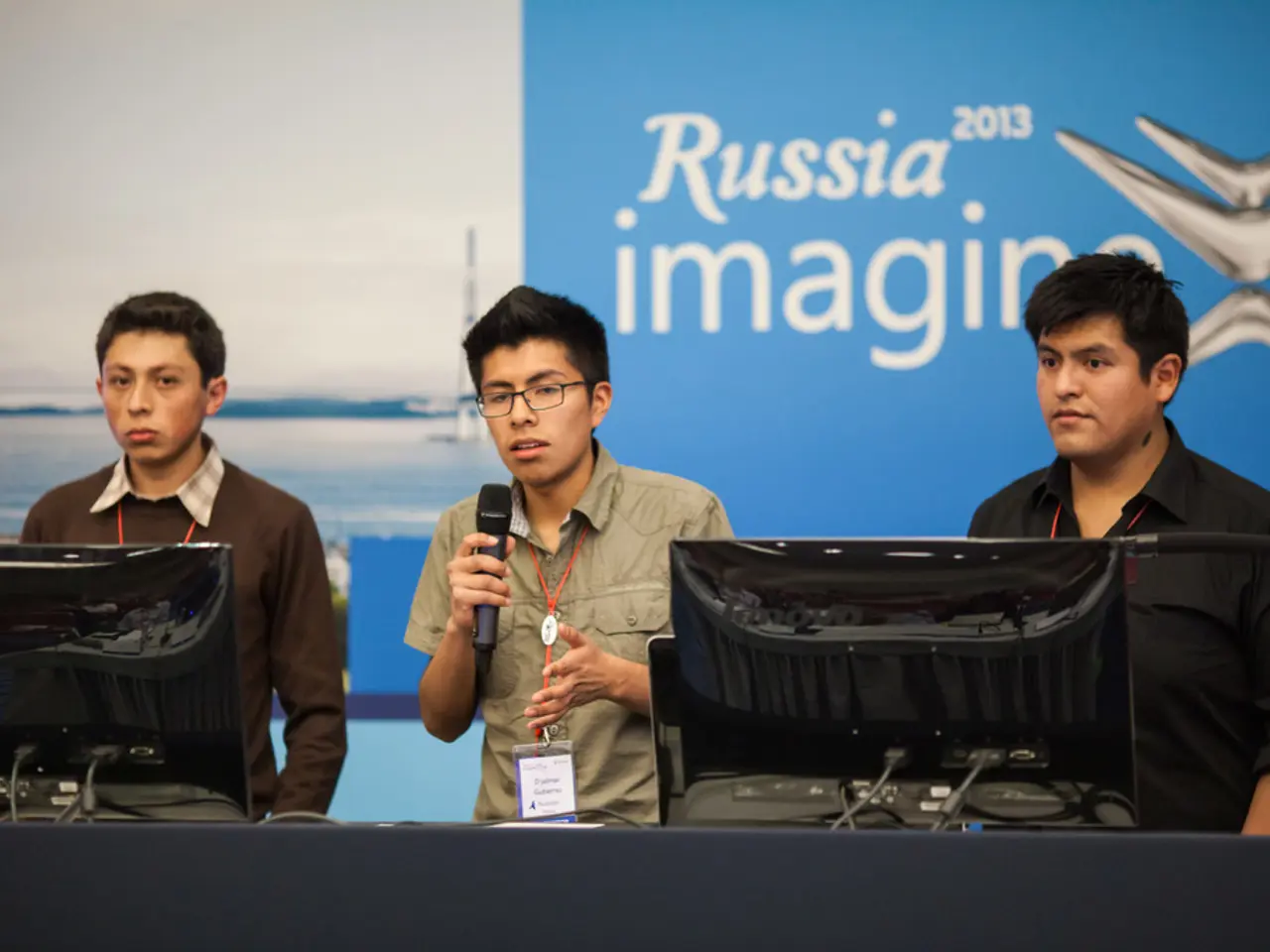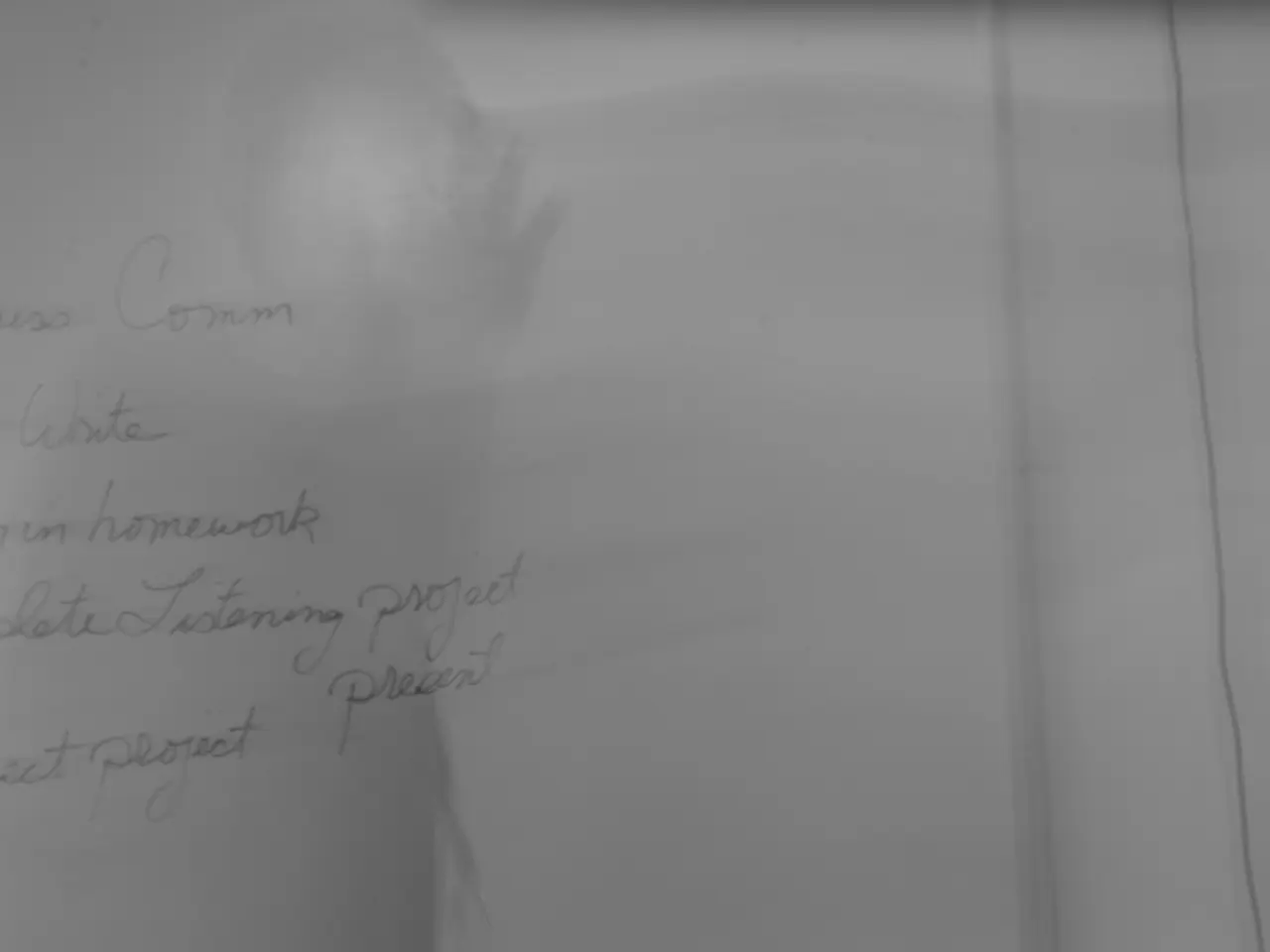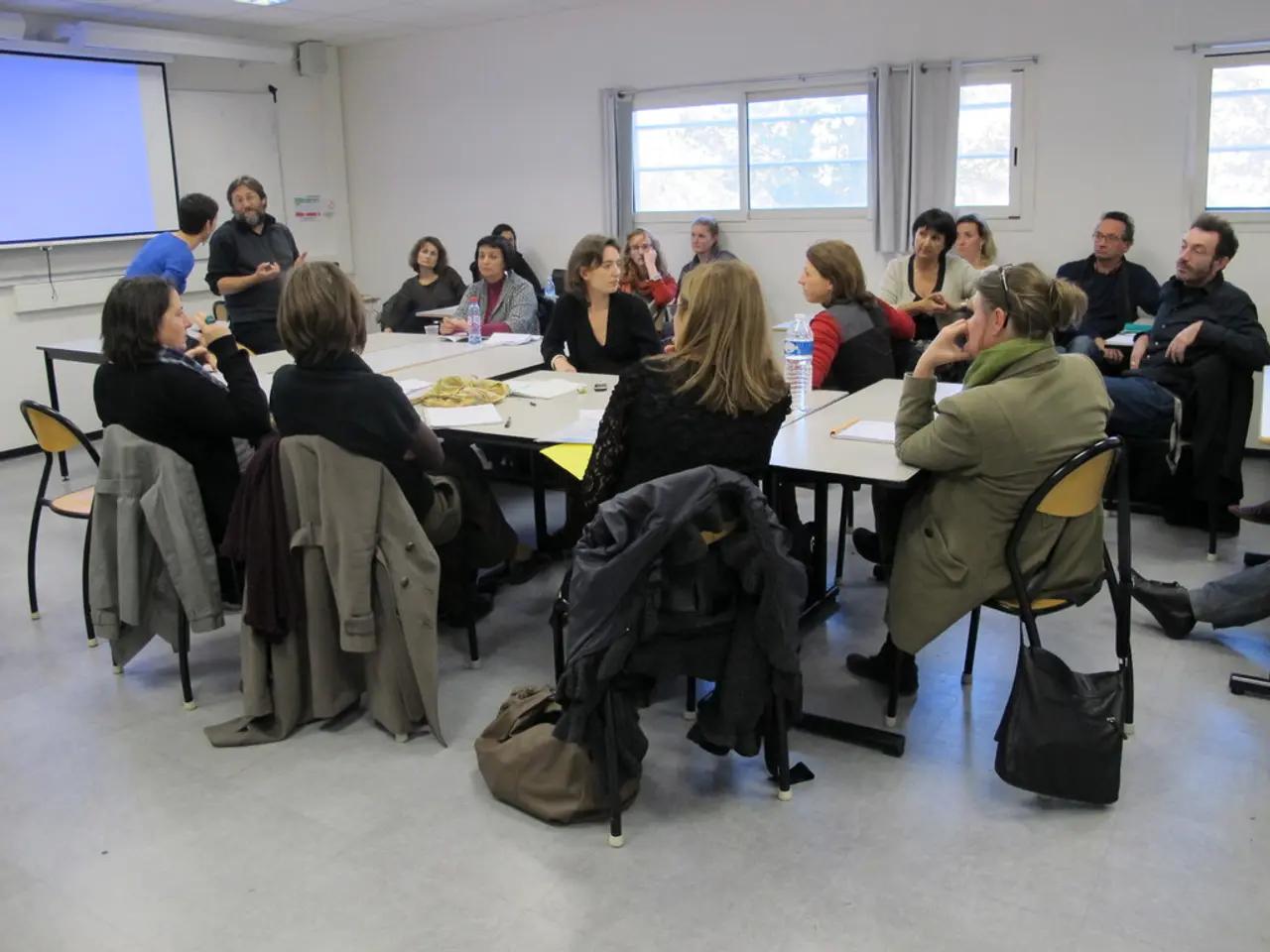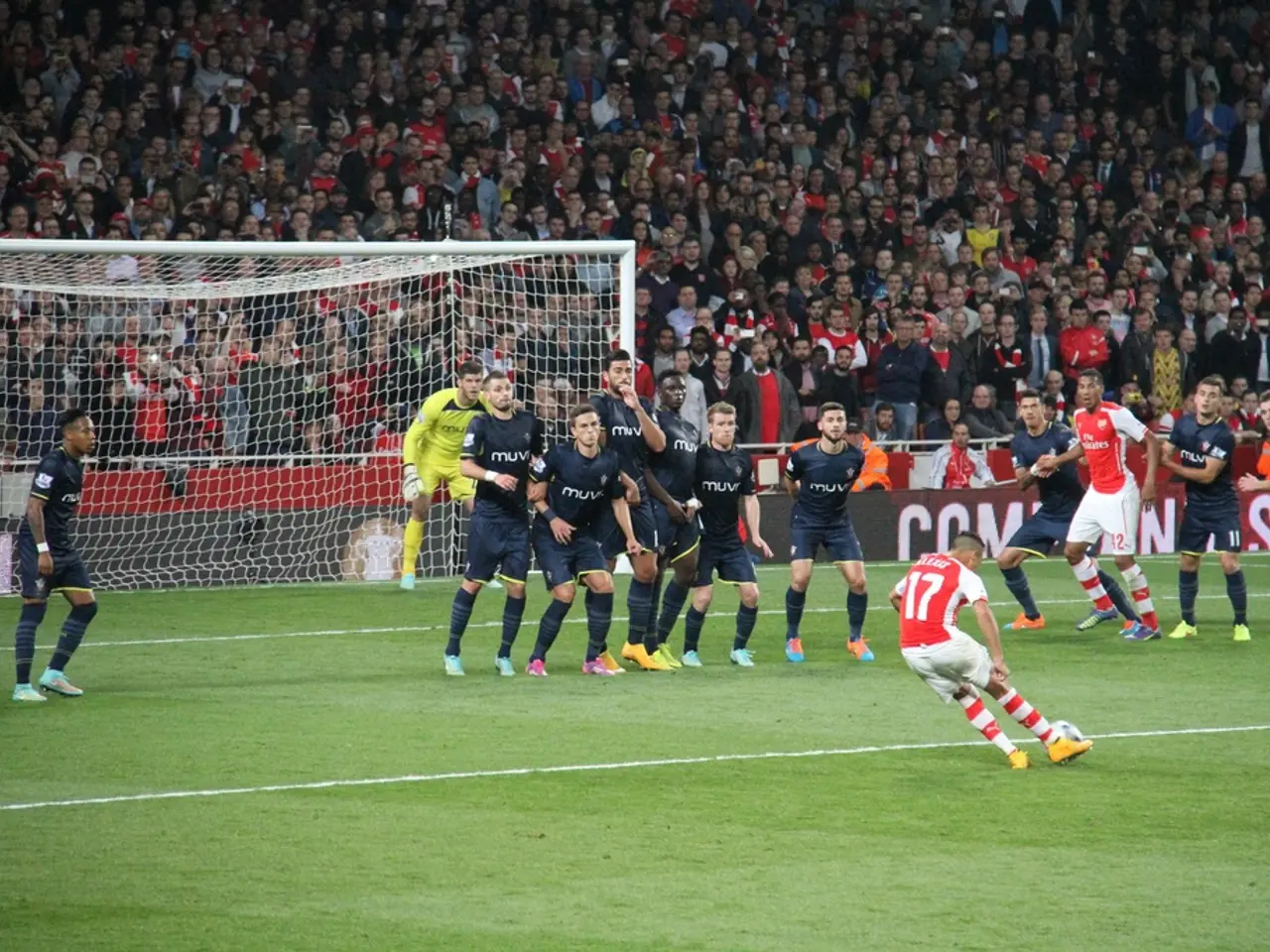Slovakia's Government Intends to Block the Implementation of the Following 19th Sanctions Package against Russia, a Pledge Fico, the Slovak Prime Minister, has Stated Since the 18th Package
In the ongoing saga of European Union (EU) sanctions against Russia, Slovakia has once again found itself at the centre of attention. Slovak Prime Minister, Robert Fico, has declared that the Slovak government will attempt to block the adoption of the 19th package of sanctions against Russia, citing concerns over energy security and economic stability.
Slovakia's apprehensions stem from the nation's heavy reliance on Russian gas. The EU's proposed phasing out of Russian gas imports by 2028 has raised fears of escalating energy prices, loss of competitiveness, and potential threats to energy security.
Prime Minister Fico has demanded an exemption to continue purchasing gas from Russia until 2034, in line with existing contracts. However, the European Commission initially rejected this request, aiming to preserve the sanctions' integrity.
Slovakia's veto, unlike that of Malta which blocked the 18th package for different reasons, is specifically linked to energy security concerns. Slovakia agreed to lift its veto only after the European Commission guaranteed measures to contain the impact on gas supply and pricing.
It is important to note that Slovakia's stance is not an opposition to sanctioning Russia, but a defensive measure to secure its national energy needs and economic stability amidst the EU's broader moves to reduce Russian energy dependence.
The development of the new list of restrictions against Russia was announced by the Estonian Foreign Minister on July 18. The 18th package of sanctions against Russia, which Slovakia has vetoed multiple times according to Prime Minister Fico, has yet to enter into force.
As the EU continues to navigate its relationship with Russia, Slovakia's position underscores the complexities and challenges faced by individual member states in balancing national interests with collective action. The coming days will see Prime Minister Fico discuss the Slovak government's position on the 19th package of sanctions, shedding more light on Slovakia's stance and the EU's response.
[1] European Council on Foreign Relations. (2021). Slovakia's veto of EU sanctions on Russia is about energy, not politics. Retrieved from https://www.ecfr.eu/article/slovakias-veto-of-eu-sanctions-on-russia-is-about-energy-not-politics
[2] Reuters. (2021). Slovakia wants exemption from EU gas sanctions on Russia - PM. Retrieved from https://www.reuters.com/world/europe/slovakia-wants-exemption-eu-gas-sanctions-russia-pm-2021-03-23/
[3] Euractiv. (2021). Slovakia lifts veto on EU gas sanctions on Russia. Retrieved from https://www.euractiv.com/section/energy/news/slovakia-lifts-veto-on-eu-gas-sanctions-on-russia/
[4] Politico. (2021). Slovakia, Malta block EU gas sanctions on Russia. Retrieved from https://www.politico.eu/article/slovakia-malta-block-eu-gas-sanctions-on-russia/
[5] Financial Times. (2021). Slovakia lifts veto on EU sanctions against Russia over gas guarantees. Retrieved from https://www.ft.com/content/5305508d-d239-468d-8993-288a9184c74f
- The ongoing EU sanctions against Russia, particularly the 19th package, has been a contentious issue in the realm of policy-and-legislation, with Slovakia playing a significant role due to its economic ties with Russia.
- Slovakia's veto of the EU's sanctions against Russia, based on energy security concerns, highlights the complex political dynamics that member states face when balancing national interests with collective action.
